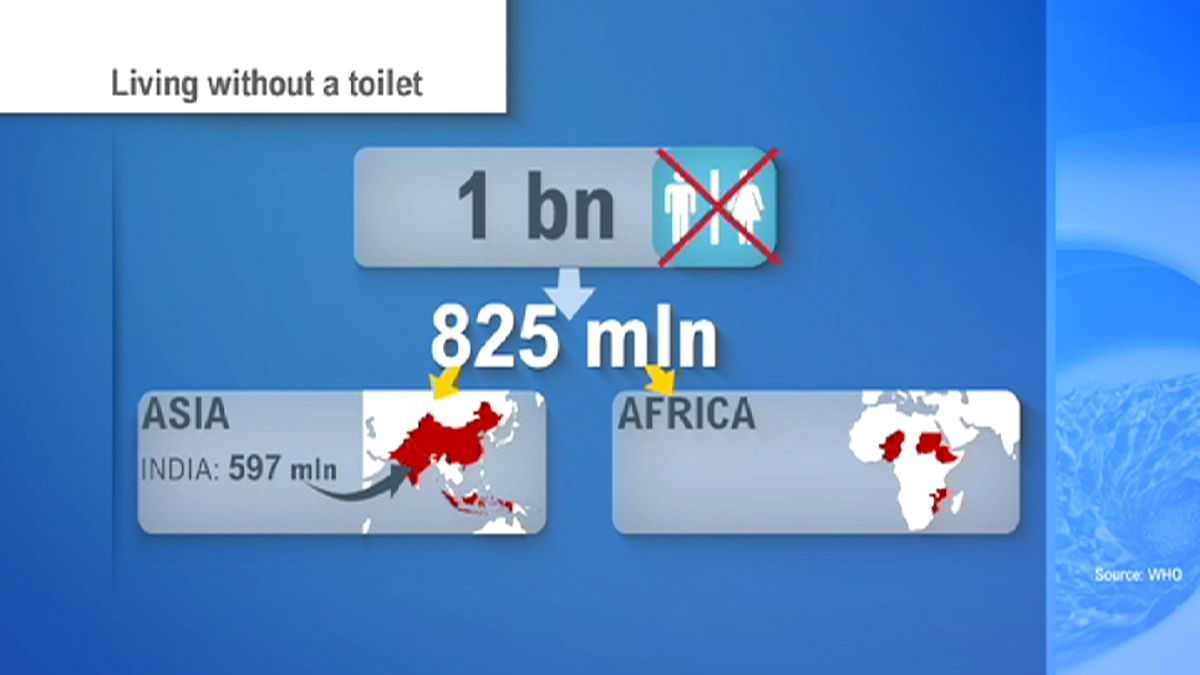World Toilet Day marks a deadly reality: every day in under-developed countries, 2,000 children aged five or younger die from diarrhoea-like illnesses. These children are not casualties of war or starved by famine; they die because they do not have proper toilets to use.
Two and a half billion people around the world live without toilets.
Open air defecation is practised by around one billion people, mostly in several countries in Asia — India has nearly 600 million people without toilets — and in Africa.
Flying insects that touch faeces, and not washing before handling food are both known to be deadly vectors.
Lack of sanitation breeds diseases such as cholera, typhoid, hepatitis and polio, and parasites. With inadequate separation of waste from sources of clean drinking water, the risk of epidemics soars.
Take the deadly Ebola virus, transmitted by contact with the bodily fluids of infected people. In the worst-hit country, Liberia, nearly half the population don’t have toilets; the figure is 28 percent in Sierra Leone, according to the World Health Organisation.
Campaign director Fleur Anderson with UK-based NGO WaterAid said: “We can see with the Ebola crisis at the moment that this has really raised the profile of the lack of good facilities in hospitals which are preventing doctors and nurses from doing their jobs and we can see the results in child deaths, ten million child deaths because of under-nutrition, pneumonia and diarrhoea since the year 2000.”
Half of India eliminate normal bodily waste in improvised and impromptu places, which is not only a danger for hygiene but for women’s and girls’ immediate physical safety, especially after dark, given their vulnerability to rape.
A villager in vast and largely barren Rajasthan state said: “Going outdoors affects my dignity, but there is no other option. The thing is, if someone comes along, man or woman, I have to stand up.”
Sanitary construction is often not made a public health priority in countries struggling to develop, but those that have done so have proven its advantages. In the end, it is less a question of cost than political will.
